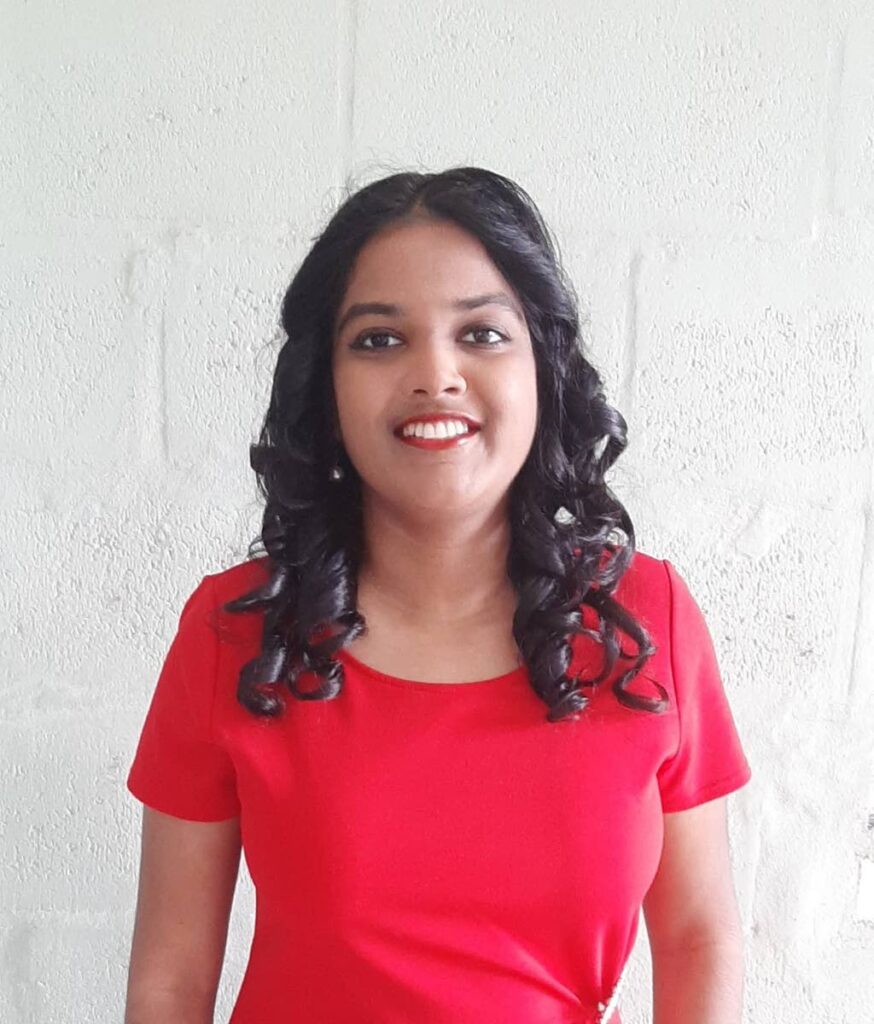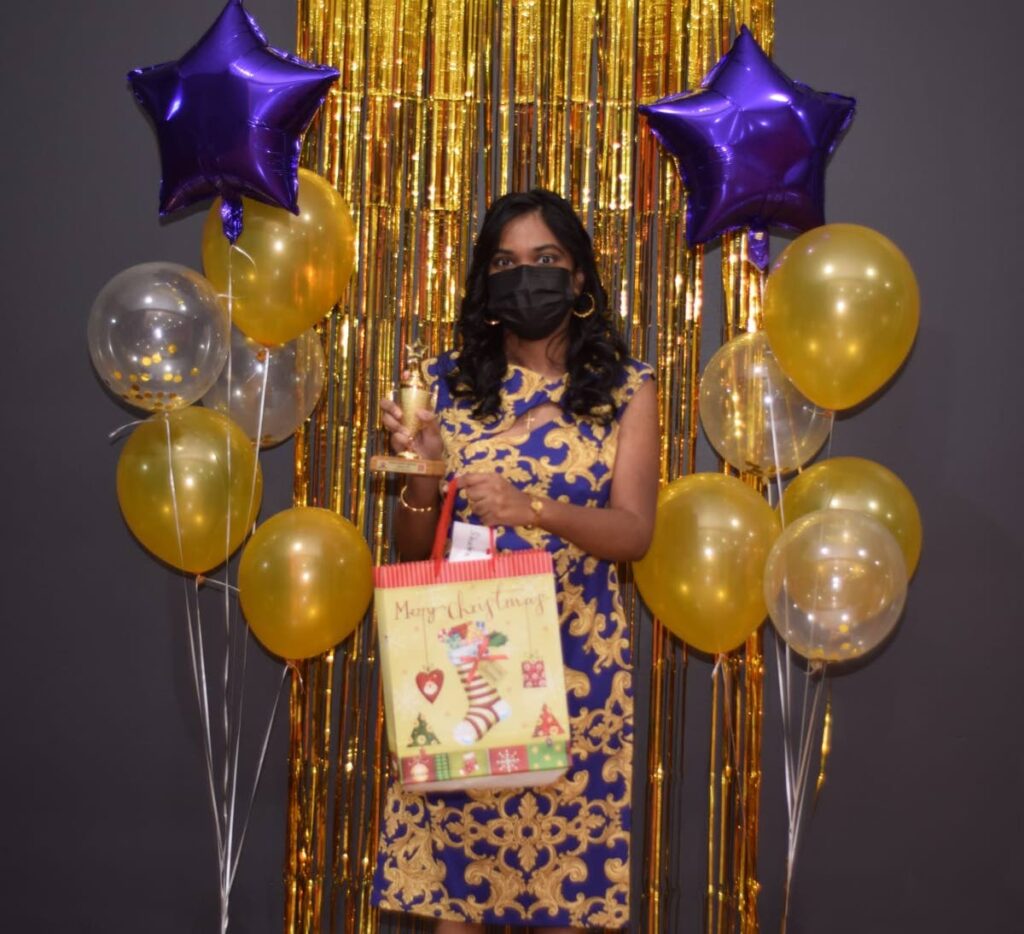Let’s normalise disability

DR RADICA MAHASE
Shahira is an intelligent young woman, from south Trinidad. She was diagnosed with Asperger’s syndrome when she was 16 years old. She attended both primary and secondary school and was often misunderstood and seen as different, verbally bullied and ridiculed.
Bullying affected her to the point where her academic performance dropped significantly. Eventually, she became afraid to attend school and dropped out for one term.
Her peers were unaware of her diagnosis and they were never sensitised about autism. Every time she got a meltdown the students thought that she wanted attention and some of them would deliberately harass her.
Shahira received an award for autism advocacy at the Autism Superhero Awards 2021, organised by Support Autism T&T. With a friend, she co-runs Autistically Blessed on social media (Facebook and Instagram). She uses her voice to educate people about autism and to campaign for inclusion. She wants autistic people to be accepted, included, respected and integrated into society. The following is a short article written by Shahira.
“As an adult on the autism spectrum, inclusion for me is about offering the same opportunities to everyone, while providing support and services to accommodate my differences. Inclusion in employment, education and recreational activities is a basic element of human rights and it is also a responsibility. To promote the idea of inclusion requires commitment from all on board from the top down – government, educators, the community and peers.

Inclusion to me means that society must recognise that I am a uniquely different individual with challenges and people must be okay with that.
They should understand and accept me as I am and be patient and respectful of my challenges and have a positive attitude towards me.
People need to stop judging me based on what they think they know. Prejudice towards those with autism is still commonplace. Disability in whatever form needs to be “normalised”. Members of the wider society must want to understand and be informed about how autism presents itself in me and what struggles I go through on a daily basis.
Our special needs must be accommodated in schools and the workplace. Disabilities present in different ways. I was diagnosed with Aspergers’s syndrome which is a life-long developmental disability which affects the way a person communicates and relates to the people around them. While some autistics on the spectrum may have difficulty communicating, others may communicate in a non-verbal way depending on the severity.
For those with autism, the workplace can be overbearing but employers can help by changing the physical environment to accommodate their employees’ needs. They can introduce health breaks and a quiet zone. Also, there can be mentors to help along the way and other members of staff can be educated about autism.
Having autism is a continual daily challenge, therefore it is important that autistics are made to feel comfortable and inclusive and their talents recognised. If people are understanding, tolerant and accepting of an autistic individual this will help to make their lives better. Like everyone, autistics make their contribution and attain a sense of purpose.
Many times, I feel misunderstood, sometimes discriminated against and hopeless. However, I am still hopeful about the innate goodness in people and hope that at some point during my lifetime that I will be able to realise all of my dreams. Having little to no friends makes me feel disconnected from the world. I wish to be treated with respect and kindness by members of society and be appreciated for my talents. My dream is to be given the opportunity to create a successful media career and to become a renowned singer.
The following are some suggestions on what can be done to improve the quality of life for autistics in TT.
- Discrimination in the workplace should cease and employers should be more understanding and autism friendly towards autistics.
- Affordable and appropriately-trained medical practitioners and therapists should be made available in this country to aid in my daily struggles and help me to better integrate into society.
- Suicide hotlines should be functional 24/7. Autistic adults and children sometimes have depression and need a listening ear at odd hours.
- Special transport arrangements should be made for autistics who live in rural areas in order to conduct their daily activities. Eldamo buses are limited in supply and oversubscribed.
- Educational institutions with specially-trained and qualified staff focusing on the needs of autistic adults should be accessible.
- Advocacy for autistics is of utmost importance in order to promote understanding and acceptance in society.
Dr Radica Mahase is the founder/director of Support Autism T&T


Comments
"Let’s normalise disability"